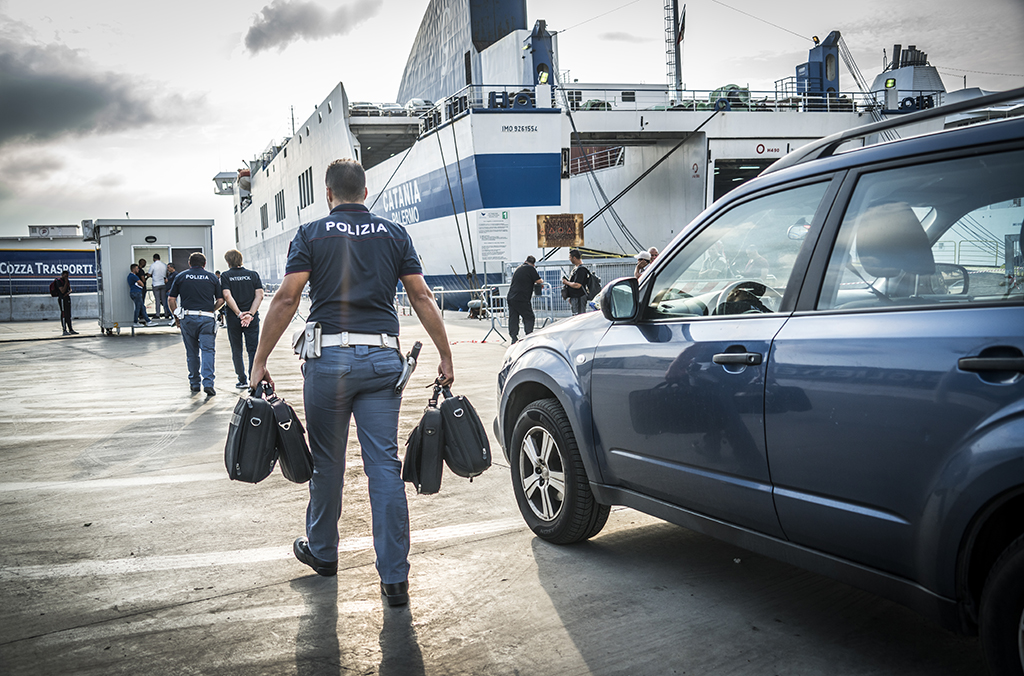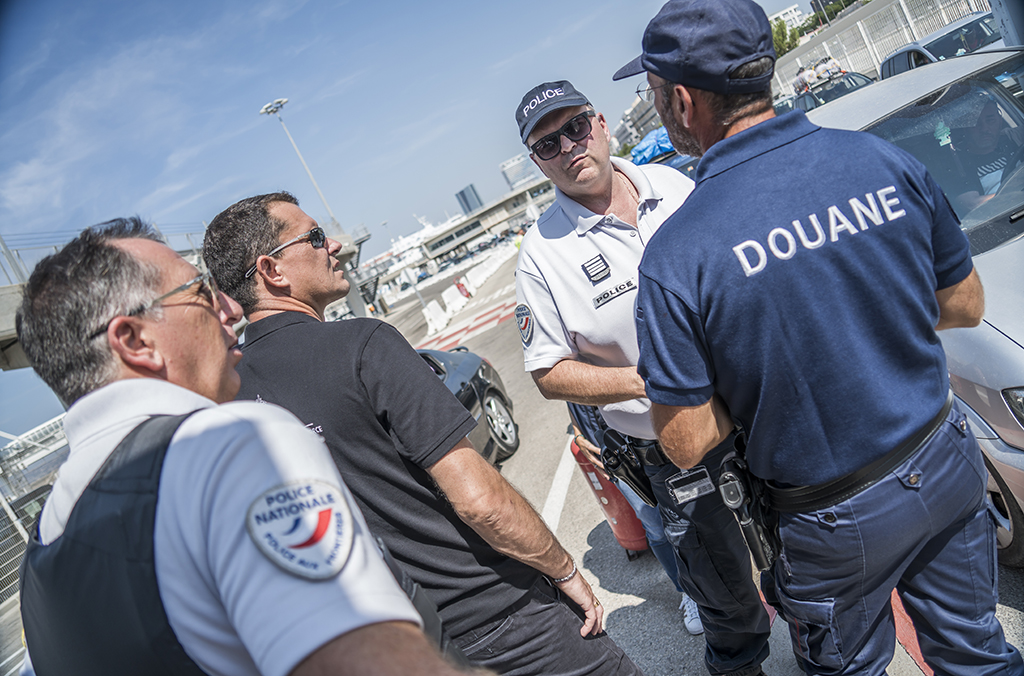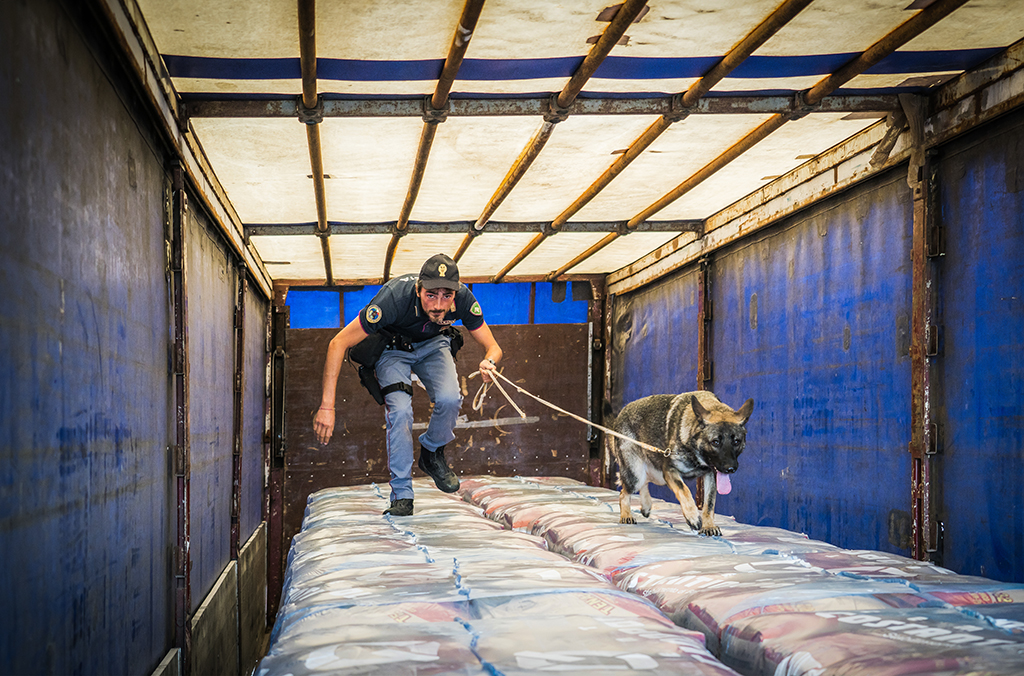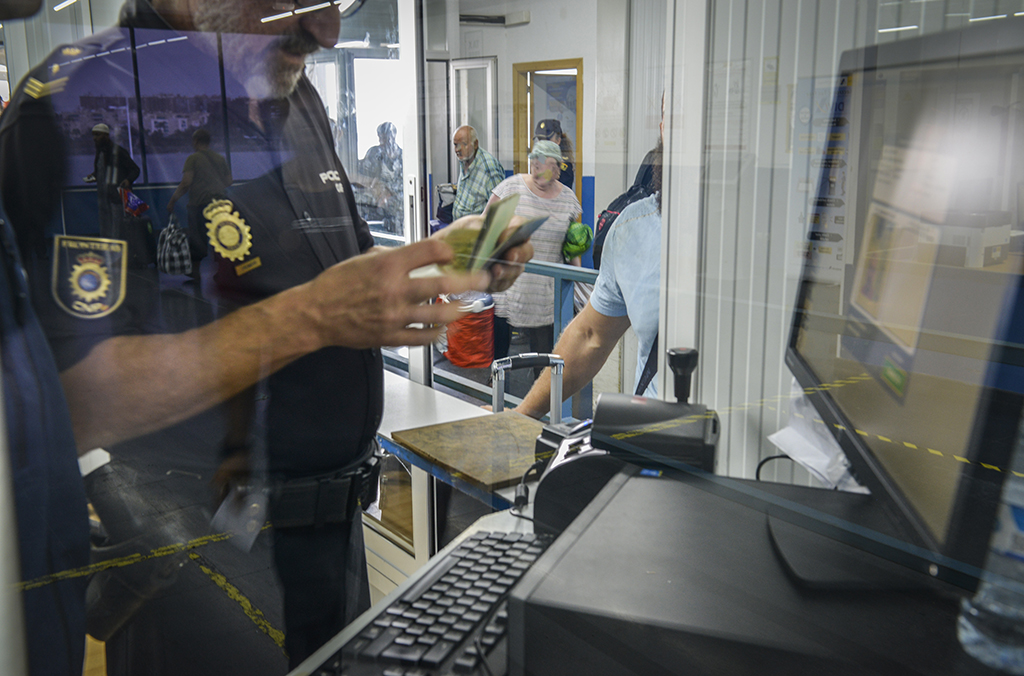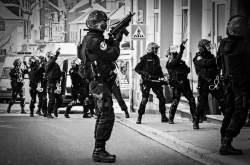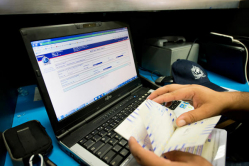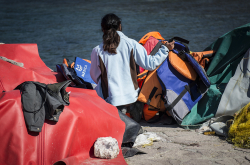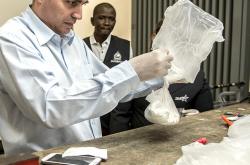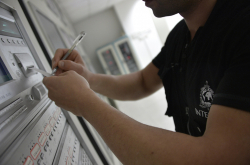LYON, France – A maritime border operation coordinated by INTERPOL has detected more than a dozen suspected foreign terrorist fighters (FTFs) travelling across the Mediterranean.
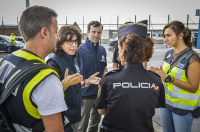
Operation Neptune II (24 July – 8 September) focused on the threats posed by suspected FTFs potentially using maritime routes between North Africa and Southern Europe during the busy summer tourist season.

Supported by an INTERPOL team on the ground, the intelligence-led operation also targeted criminal networks involved in human trafficking, people smuggling, firearms trafficking and the drugs trade.
Officials at seven seaports in the six participating countries – Algeria, France, Italy, Morocco, Spain and Tunisia – carried out more than 1.2 million searches across INTERPOL’s databases for stolen and lost travel documents, nominal data and stolen vehicles via its I-24/7 secure global police communications network.
These resulted in 31 active investigative leads, with more than 12 of these linked to the movement of terror suspects.
“When information is shared between regions via INTERPOL’s networks at the global level, every check, border control or random search is a potential break in a terror investigation,” said INTERPOL Secretary General Jürgen Stock.
“This is how INTERPOL acts as a global tripwire, by disrupting the movement of individuals linked to criminal and terrorist activities,” added the INTERPOL Chief.
As recognized by UN Security Council Resolution 2178 (2014), sharing information through INTERPOL’s global systems is vital to better identify and prevent the travel of suspected foreign terrorist fighters.
In this respect, INTERPOL’s databases currently hold details of more than 50,000 foreign terrorist fighters and some 400,000 pieces of terrorist-related information.
The operation further highlighted the role of international, regional and national inter-agency cooperation in enhancing security, with experts from the European Border and Coast Guard Agency (Frontex) and the World Customs Organization (WCO) also participating in the initiative.
Operation Neptune II was funded by the INTERPOL Foundation for a Safer World.
Related news
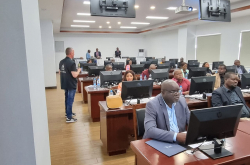
Border security threats focus of STOP operations in Africa
8 December 2023





